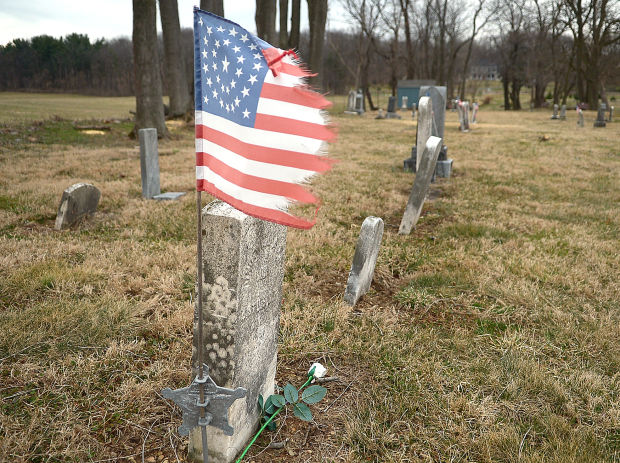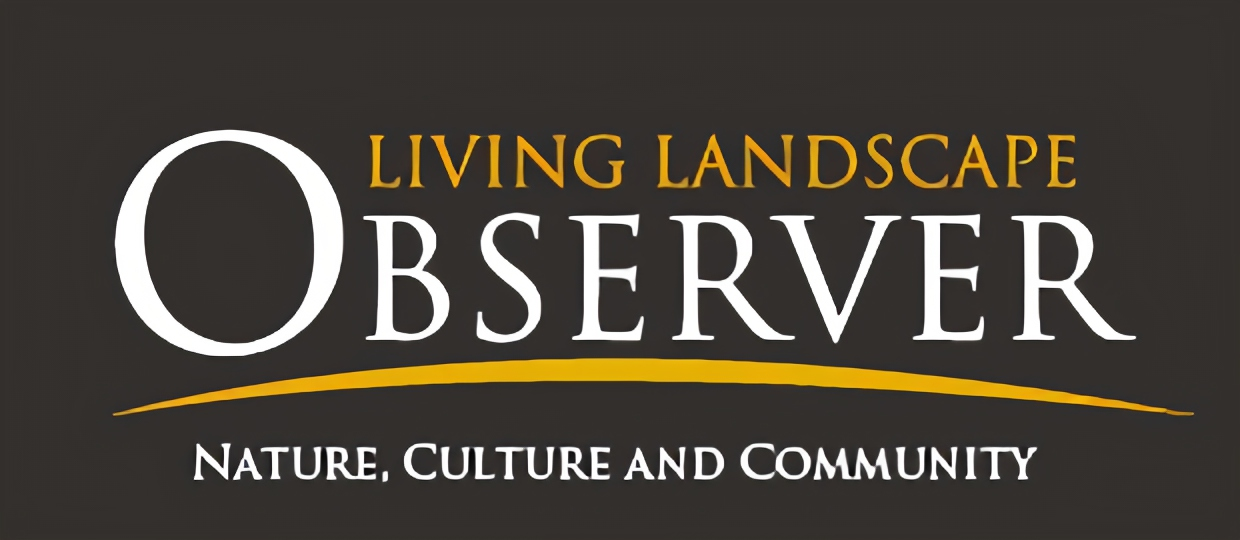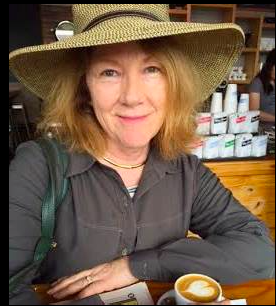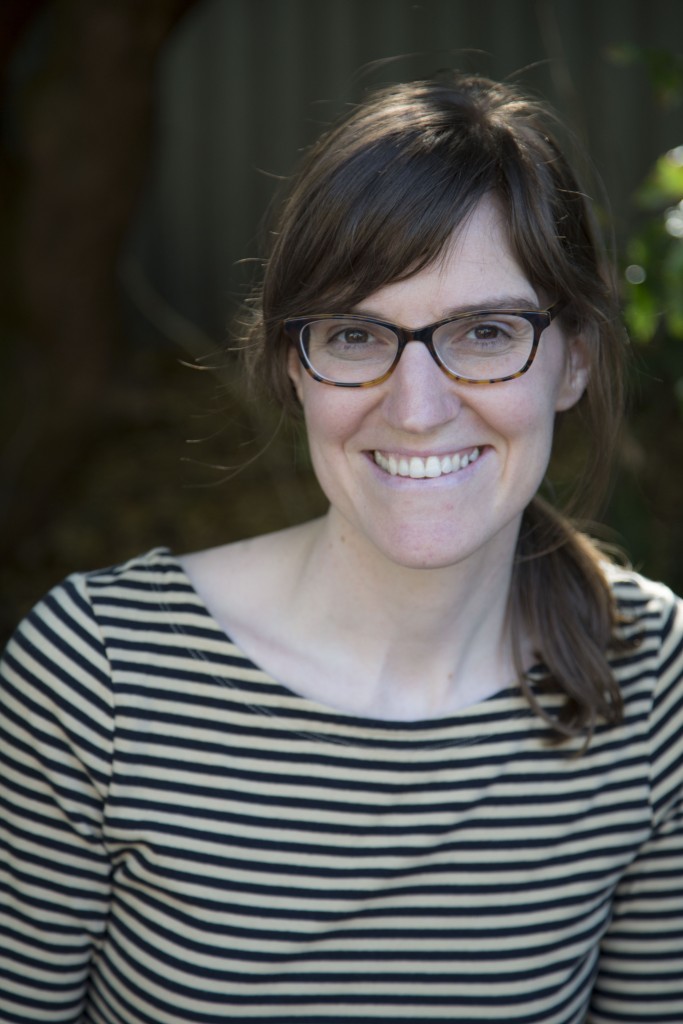
Across the nation the same story pops up every month or so – developers clearing ground for a housing project, a big box store, or a parking garage, take your pick, uncover a formerly unidentified burial ground. Everything stops. Archeologists, city planners and historian weigh in and, in my experience, the majority of the time the burials are found to be associated with a former African American community. This phenomenon is so common that the Society for Historical Archaeology (SHA), whose members are often at the center of the storm after discovery, even prepared a series of best practices to deal with the situation.
However, this after-the-fact approach, while better than nothing, is not ideal. For this reason, the Society in partnership with many in the African American community looked for a more comprehensive solution. As J.W. Joseph, PhD, RPA and the SHA’s Past President noted, “West African traditions place a strong emphasis on the connection between the living and the dead and the need for the living to maintain and respect the burial places of their ancestors. There are too few African American spaces on our nation’s landscape – in this time of racial tension we hope Congress will pass this Act and provide descendant communities with the resources needed to maintain and restore the places that are important to them.”
Working with Congress and the National Park Service, innovative legislation was drafted to establish the African American Burial Grounds Network. The bill was introduced by dedicated sponsors Representatives Alma S. Adams (NC-12) and A. Donald McEachin (VA-04) who recognized the issues as important to both their districts and the nation. The legislation seeks to coordinate national, state, and local efforts to conserve African American burial sites by developing a voluntary, nationwide database of historic burial grounds and providing technical assistance and educational materials to governmental agencies and the caretaking community. It also proposes a grant program for local groups to research, survey, identify and help preserve theses sites. The bill was introduced in February 2019 as The African American Burial Ground Network (HR 1179)and already has 13 cosponsors on both sides of the aisle.
This national initiative will also benefit the many state and local cemetery conservation efforts. In my home state, the Pennsylvania Hallowed Ground Project has been convening African American cemetery caretakers for many years to build a stronger community and share best practices. According to Barbara Barksdale, the leader this effort “This bill is vital to saving and preserving our ancestor’s burial sites.” She then gave an example of the need for the legislation in her historic cemetery where in the past the township and an adjoining neighbor had paved over an area that contained burial lots.
While the proposed legislation is an important step in building awareness and developing a network of on-the -ground cemetery caretakers, it is not a panacea. In Pennsylvania, the Hallowed Ground project has identified land ownership as one of the pressing challenges in conserving African American cemeteries. A survey of 42 cemeteries in the Commonwealth with United States Colored Troop burials revealed not only a landscape of segregation and marginalized locations, but, for socio-economic reasons, a tangled web of ownership issues. In one case a farmer granted the African American community a small plot to be used as a burial ground. However, generations later without a written record of the transaction, the current owners cut off access to the site. Only recently has the local VFW negotiated access to let caretakers return for a clean-up and commemoration. In other cases, the original cemetery association or associated church is no longer extant and the site has been abandoned or left in limbo. There are endless variations on this theme.
The challenging issue of land ownership may make the bill’s condition that property owners must consent to be included in a national cemetery data base a bit problematic. In Pennsylvania at least, the State Historic Preservation Office has committed to include African American cemeteries identified by the Hallowed Ground Project in their statewide GIS data base, which will provide some protection.
Overall there is a crying need for this legislation to draw awareness to the preservation of these burial grounds that have such strong spiritual and patriotic as well as historic association for members of the African American community. This legislation will help provide information and resources to cemetery caretakers across the nation so they can focus on the pressing problems of acquiring clear title to their property, repairing broken headstones and sunken vaults, and engaging additional partners in the unending maintenance needs of these hallowed grounds.
One more thing, for this bill to become law more awareness is needed on the topic and more cosponsors are needed for the bill. Reach out to your member of Congress and ask them to sign on to HR 1179 The African American Burial Ground Network.
.



2 Responses
Brenda, I loved this article on AA cemeteries and still continue to read all of your newsletters. elizabeth johnson
Thank you for being a loyal reader!